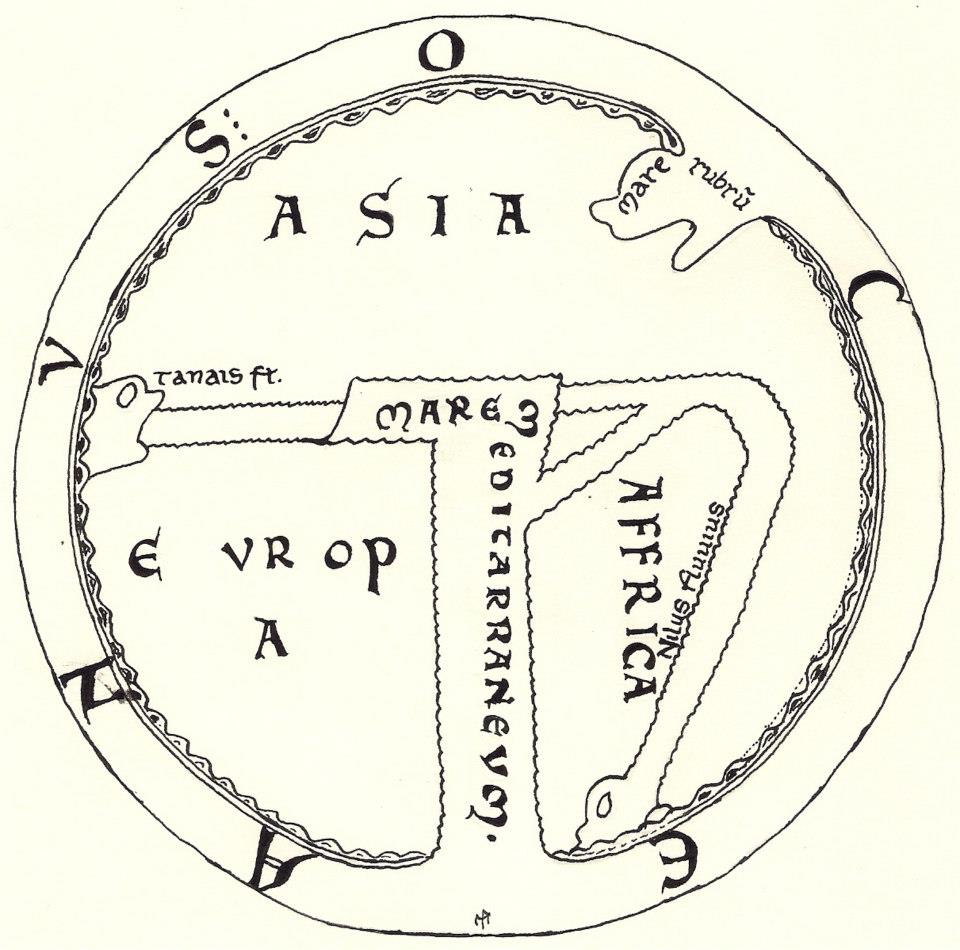Project Lead: Professor Mark Humphries
Project Summary
This project aims at a radically new, global approach to the period in Mediterranean history usually termed ‘late antiquity’ (200-800 CE). The period is often associated with the political dismemberment of the Roman Empire in the West and its replacement by kingdoms ruled by elites (the so-called ‘barbarians’) who had originated beyond the empire’s frontiers in territories stretching from the river Rhine in the West to central Asia. This represents an overlapping of the histories of the Mediterranean and wider world. Recent scholarship shows increasing interest in interactions between the Roman world and Eurasia, as well as connections in the West with northern Europe, and across the Sahara with the Niger bend. Such studies open up completely new vistas on late antiquity, and the project aims to be at the forefront of this major reassessment.
Potential PhD topics could include studies of long-distance connectivity, comparative analyses, or investigations of how the global world of late antiquity was made up of myriad local histories.
Supervisors: Students will have a Supervisory Team consisting of a minimum of two eligible supervisors to provide academic, administrative and pastoral supervision and support. Supervisory teams will include Mark Humphries as primary supervisor, and a second supervisor chosen in accordance with the nature of the student’s specific research topic.
Background
Mark Humphries’s research on the global aspect of late antiquity has been advanced in a series of publications particularly over the last decade, such as ‘Late Antiquity and World History’ (2017), the first article published in the inaugural issue of the international journal Studies in Late Antiquity. The article stressed the intersections of local and global networks of power, trade, and cultural exchange and laid down a research agenda for future research on the topic.
He enjoys strong and close relationships with a variety of national and international scholarly networks. He has had numerous close collaborations with a cluster of colleagues working on late antiquity at Cardiff University, especially with Professor Shaun Tougher and Dr Nic Baker-Brian, with whom he has organised workshops and conference sessions on a collaborative project on imperial capitals in late antiquity. His international links encompass scholars in North America, Europe, and Australia. He also has on-going research connections with Paris Sorbonne (via Prof. Giusto Traina, on Great Armenia in late antiquity) and Ghent (via Dr Jeroen Wijnendaele, on transformations of political leadership in late antiquity). Above all, as one of the general editors of the acclaimed series Translated Texts for Historians, which publishes monographic studies of late-antique sources (https://liverpooluniversitypress.co.uk/collections/series-translated-texts-for-historians), he is connected with an international network of scholars who work on a variety of literatures from the Mediterranean world and beyond.
Major recent publications
‘Cities and the Meanings of Late Antiquity,’ Brill Research Perspectives in Ancient History 2.4 (2019), 1-112.
‘Narrative and Space in Christian Chronography: John of Biclaro on East, West, and Orthodoxy,’ in P. Van Nuffelen (ed.), Historiography and Space in Late Antiquity (Cambridge: Cambridge University Press, 2019), 86-112.
‘Late Antiquity and World History: Challenging Conventional Narratives and Analyses’, Studies in Late Antiquity: A Journal 1 (2017), 8-37.
Current PhD students: Joseph Moore, ‘The Court of the Theodosian Dynasty (379-455)’.


